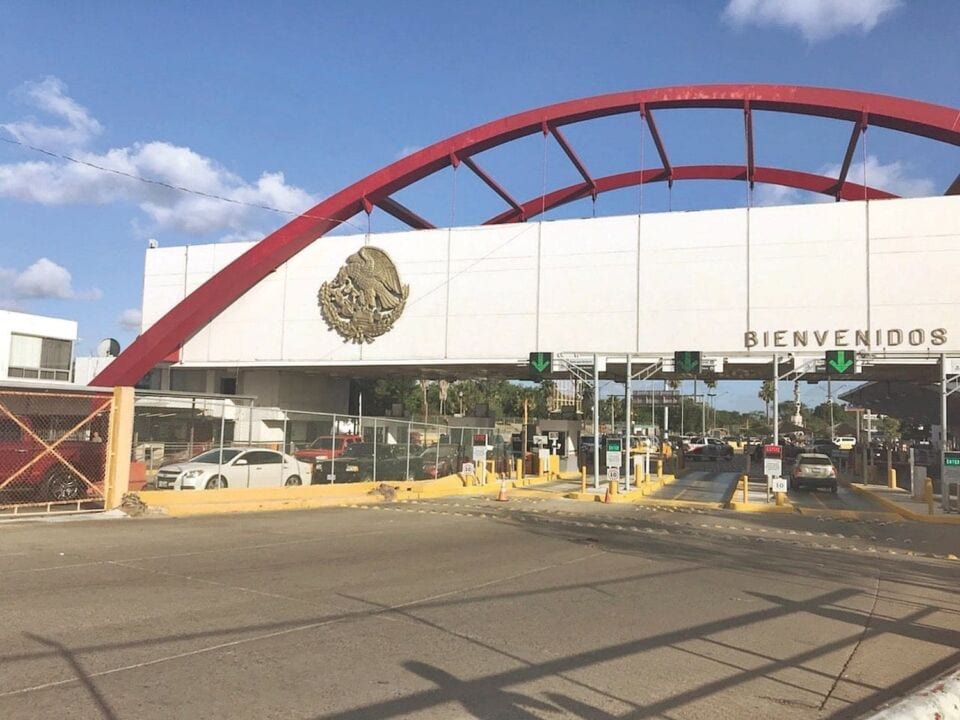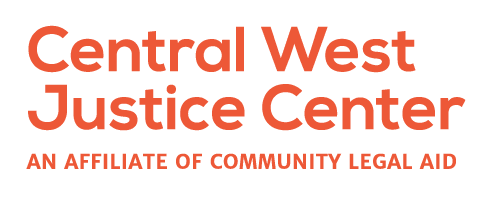
October 9, 2019
‘My eyes were opened’: Berkshire attorneys volunteer to help immigrants at border
Posted Saturday, September 28, 2019 12:24 pm
By Dick Lindsay, The Berkshire Eagle
Karen Cole has spent the past five years helping unaccompanied immigrant children adjust to a new life in Central and Western Massachusetts.
But, it wasn’t until she visited the U.S.-Mexico border in May that she fully understood what those children already might have endured.
“No doubt, once they get status in the U.S., by a green card or asylum, they are in a better place,” she said.
Cole, a West Stockbridge resident who works as an attorney with the Central West Justice Center office in Northampton, assists minors younger than 18 who legally are living with sponsors from the Berkshires to Worcester County.
She and another attorney with the center, Donna Morelli, of Pittsfield, each spent a week in southeastern Texas recently, assisting newly arrived immigrants. The women volunteered through ProBAR, or Pro Bono Asylum Representation, a program run by the American Bar Association, according to Community Legal Aid, the parent of the justice center. The legal aid group provides free civil legal services to the low-income and elderly residents of Berkshire, Franklin, Hampden, Hampshire and Worcester counties.
ProBAR matches volunteer lawyers with detained asylum-seekers who have strong claims to asylum or other relief under U.S. law but cannot afford to hire private counsel.
Cole dealt with young immigrants confined to a children’s shelter in the Brownsville, Texas, area.
“After seeing the physical border and seeing the [U.S.] Border Patrol, it’s amazing how this piece of land leads to so much pain and anguish,” she said.
She recounted the plight of two 17-year old boys as just one of the many horror stories she heard during her visit.
After crossing in New Mexico, the teens were lost and hungry in a desolate part of the state.
“For five days they wandered the desert with no food,” she said. “They saw no one, but they knew they had to keep going. The Border Patrol found them and saved their lives.”
They eventually landed at the children’s center, which, Cole said, lacked counseling services for minors — many of whom will have difficulty finding sponsors to remain in the U.S.
The teens were among about 100 minors Cole helped screen for immigrant relief so they could stay in America.
Morelli, who works out of the justice center’s Pittsfield office, spent a week in July helping adult immigrants held in the Port Isabel Detention Center, also in the Brownsville area.
“I think people are more raw emotionally at the border,” she said. “I saw people so young, mostly in their 20s, trying to survive and stay in the U.S., safe from violence in their country.”
For immigrant adults seeking asylum, they must prove to federal authorities that they have a legitimate fear that returning to their homeland could cause them harm, and even prove deadly.
Morelli recalled one young man in his 20s from Honduras who had fled extortion and gang violence.
“He had a life,” she said. “He had a family and a good job, but he couldn’t pay the gang extorting him, so he had no choice but to flee — alone.”
Morelli said she and other pro bono lawyers were training the immigrants to be their own advocates, as often they had to prove their case for asylum without legal representation.
She also saw the Mexican side of the immigrants’ struggle to enter and stay in the U.S.
Morelli and a volunteer group from Brownsville crossed into Matamoros, Mexico, to serve dinner to migrants waiting to apply for asylum. The group met and spoke with people who came to the U.S. port of entry and were told by U.S. Customs and Border Protection to take a number and wait to be called to apply for asylum.
“There were families that had been waiting at the end of the bridge in Matamoros for up to several weeks,” she said. “Some had tents, but many did not have shelter.”
Morelli found the residents on the Texas side of the Rio Grande open to those seeking a better life on American soil.
“My eyes were opened about the border towns,” she said. “They are very inclusive.”
Dick Lindsay can be reached at rlindsay@berkshireeagle.com and 413-496-6233.
